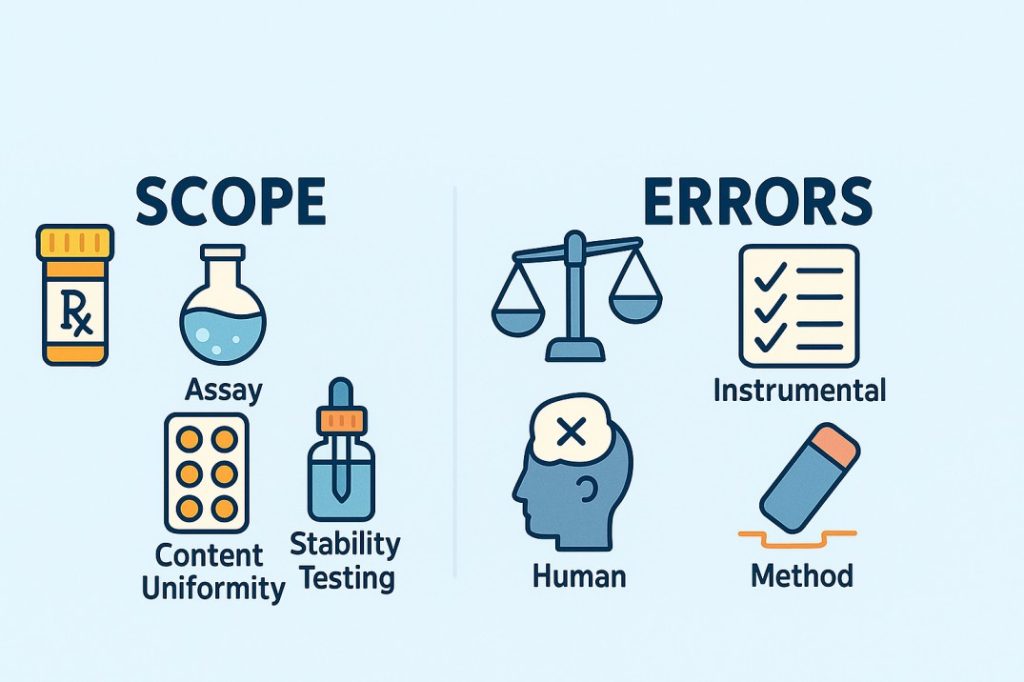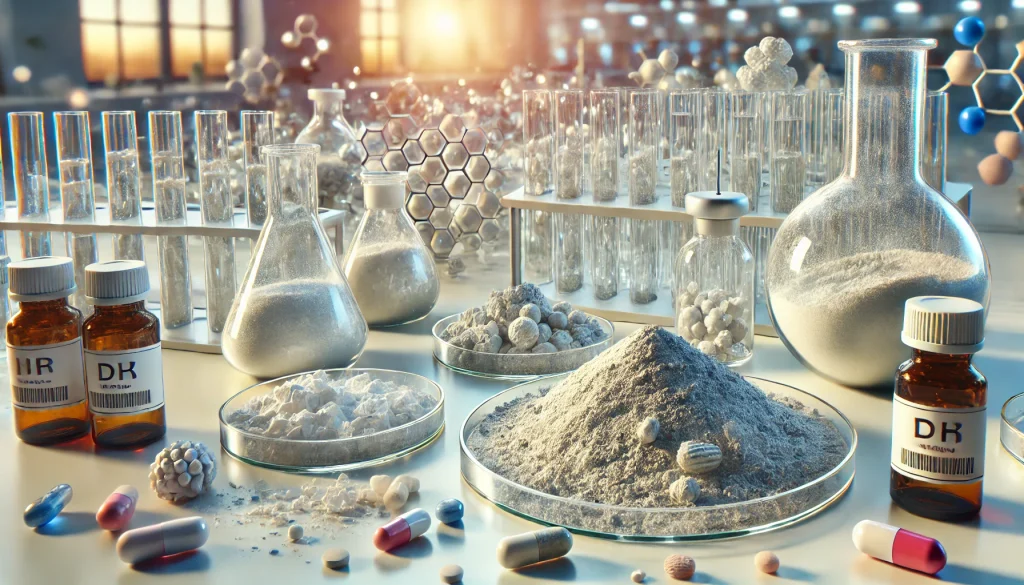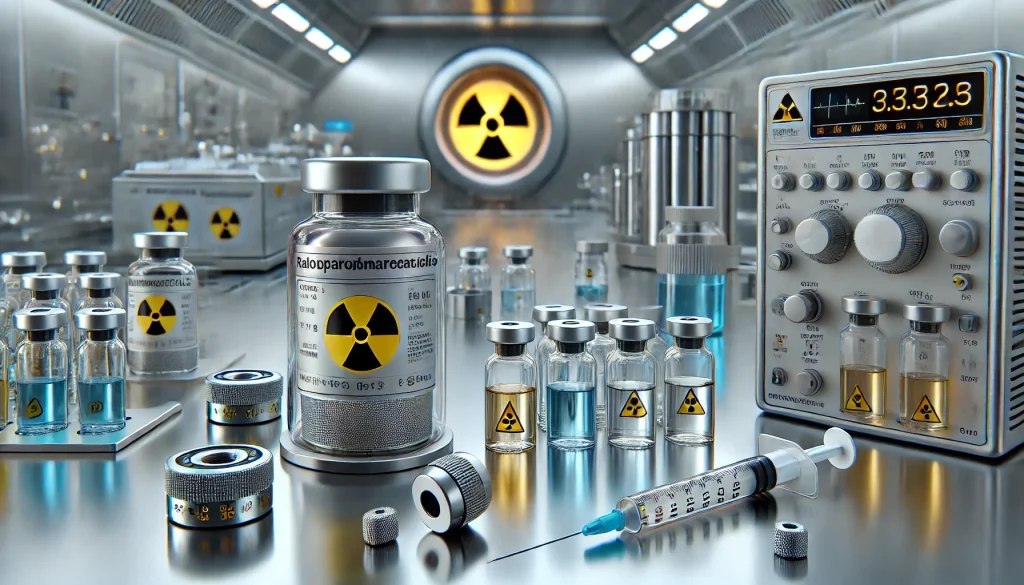Pharmaceutical Inorganic Chemistry Notes
Introduction to Pharmacopoeia: Explore the historical development and significance of pharmacopoeias in standardizing pharmaceutical substances.
Sources and Types of Impurities: Understand various origins of impurities in drugs and their classifications.
Limit Tests: Learn the principles behind limit tests for detecting impurities like chloride, sulphate, iron, arsenic, lead, and heavy metals.
Modified Limit Tests: Study the adaptations in limit tests for chloride and sulphate to enhance accuracy.
Preparation and Assay: Gain insights into general methods of preparation and assay for specific inorganic compounds.
Buffer Systems: Delve into buffer equations, capacity, and their roles in pharmaceutical formulations.
Isotonic Solutions: Understand the preparation, stability, and methods for adjusting isotonicity in solutions.
Physiological Electrolytes: Study the functions of major physiological ions and their importance in replacement therapy.
Dental Products: Explore the role of fluoride in dental care and the composition of dentifrices.
Acidifiers and Antacids: Learn about compounds like ammonium chloride and sodium bicarbonate used to manage gastric acidity.
Cathartics: Understand the use of agents like magnesium sulphate in promoting bowel movements.
Antimicrobials: Explore the mechanisms and classifications of agents such as potassium permanganate and boric acid.
Expectorants and Emetics: Study compounds like potassium iodide and copper sulphate used in respiratory and emetic therapies.
Haematinics: Understand the role of iron-containing compounds in treating anemia.
Antidotes and Astringents: Learn about agents like sodium thiosulphate and zinc sulphate used in poisoning and as astringents.
Unit 5: Radiopharmaceuticals and Their Applications
Radioactivity Basics: Understand the principles of radioactivity, including types of radiation and half-life concepts.
Radiopharmaceuticals: Explore the use of isotopes like Sodium Iodide I-131 in medical applications.
Safety and Storage: Learn about the precautions and storage conditions necessary for handling radioactive substances.
Other Subjects & Units of B Pharmacy 1st Semester

Why Choose Our Pharmaceutical Inorganic Chemistry Notes?
- Structured Content: Each unit is organized for clarity and ease of understanding.
- Exam-Oriented: Focuses on key topics essential for academic and competitive exams.
- Accessible Resources: Includes external links to authoritative sources for expanded learning.
- Comprehensive Coverage: Addresses all units as per the latest syllabus guidelines.Mohanlal Sukhadia University+5ResearchGate+5pci.nic.in+5
In conclusion, these Pharmaceutical Inorganic Chemistry notes are designed to provide a solid foundation for your studies. By integrating concise summaries with external resources, you can enhance your understanding and perform confidently in your examinations.






